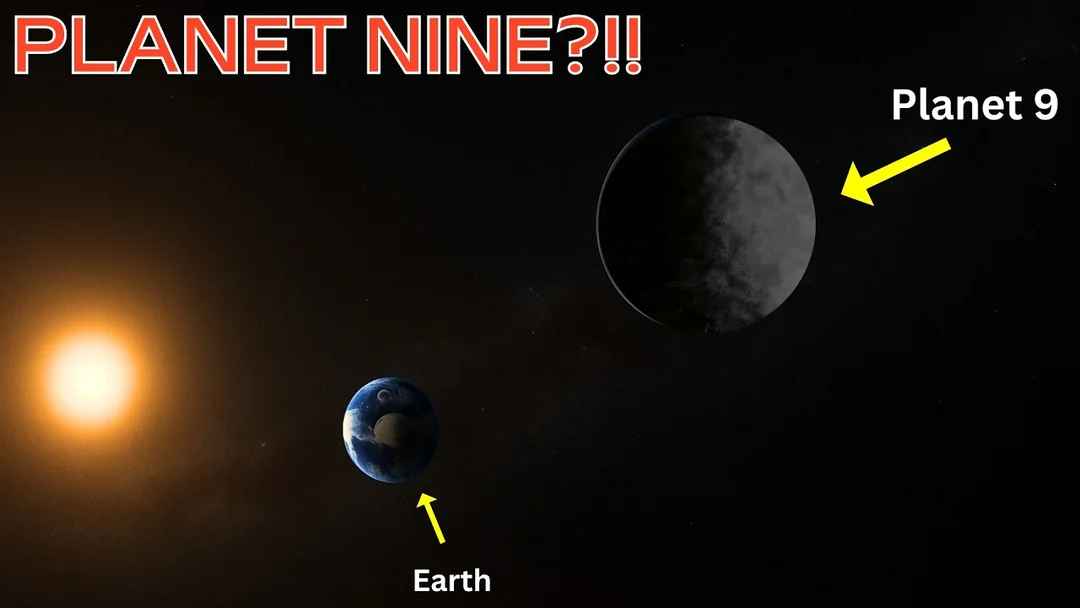
Is Planet Nine Real? New Evidence Sparks Debate Among Astronomers
The existence of a hypothetical ninth planet, dubbed Planet Nine, has been a topic of intense debate in the astronomical community for years. Now, new evidence has emerged, reigniting the discussion and dividing astronomers. Could this elusive world finally be within our grasp, or is it just a cosmic mirage?
For decades, irregularities in the orbits of distant icy objects in the Kuiper Belt have hinted at the presence of a large, unseen object influencing their movements. This has led to the enduring quest for "Planet X," a hypothetical body lurking in the outer reaches of our solar system.

A recent study by Terry Phan and his colleagues at Taiwan’s National Tsing Hua University has added fuel to the fire. By sifting through archival data from the decommissioned IRAS and AKARI infrared satellites, they identified a faint object that appears to be moving in a way suggestive of an extremely distant planetary orbit. "It’s motivated us a lot," Phan said of the discovery.
The object was observed across both IRAS and AKARI data sets, making it a consistent candidate according to Phan's team conclusions published as a preprint on April 24.
However, not everyone is convinced. Mike Brown, the Caltech astronomer who, along with Konstantin Batygin, originally proposed the existence of Planet Nine, remains skeptical. Brown argues that the new candidate's estimated orbit, with a tilt of 120 degrees, is too far off from Planet Nine's predicted tilt of 15–20 degrees. He even stated, "Whether it is real or not, it is 100 percent NOT Planet Nine."
Brown suggests if it is to be ruled as a planet, the orbital peculiarities will disprove original ideas about instabilities in the outer solar system. A planet with a tilt that is perpendicular compared to other planets of the solar system could not cause the unusual clustering of Kuiper Belt objects that led to the prediction of Planet Nine.

Despite the skepticism, the search for Planet Nine continues. Ground-based observatories and citizen science initiatives are actively scouring the skies for additional candidates. The Vera C. Rubin Observatory, set to begin its decade-long survey of the Southern Hemisphere, holds the best promise yet to confirm or refute Planet Nine's existence.
The discovery of a real planet is one possibility. Even if such objects already exist with suspicion, they could raise even more questions in our solar system.
But until it has been proven, Planet Nine will remain just out of reach, an enticing enigma that holds a steady orbit in the realm of scientific theory until advanced space operations solve the possibility. New analysis must soon surface to validate the planet with advanced space operations.
Is Planet Nine a figment of our astronomical imagination, or is it a real world waiting to be discovered? The debate rages on, and the quest for this elusive planet promises to be a thrilling journey of scientific exploration. What do you think? Share your thoughts in the comments below!